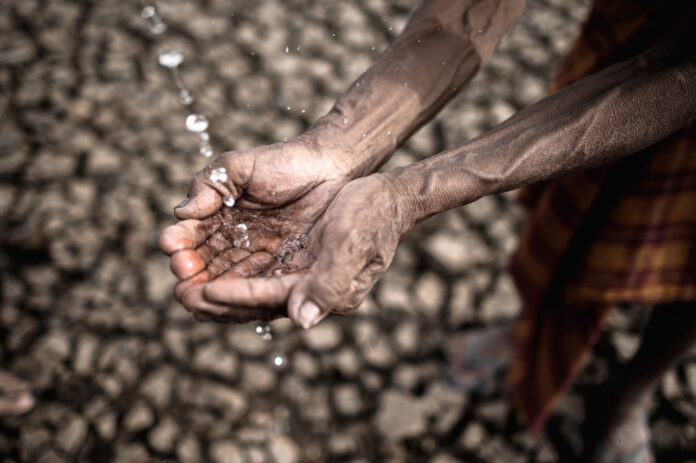Atishi’s health declines during hunger strike demanding Haryana to release Delhi’s water share; emergency ICU admission at Lok Nayak hospital
Delhi Water Minister Atishi was urgently hospitalized early Tuesday after her health deteriorated from an indefinite hunger strike protesting the capital’s ongoing water crisis. The Aam Aadmi Party (AAP) confirmed her admission to the emergency ICU at Lok Nayak Hospital after her blood sugar levels plummeted to dangerous levels.
Atishi, who initiated her hunger strike on June 21, is demanding that the Haryana government release Delhi’s rightful share of water. The situation became critical when her blood sugar levels dropped to 43 at midnight and further to 36 by 3 AM, leading doctors to recommend immediate hospitalization.
In a post on the social media platform ‘X,’ the AAP expressed grave concern about Atishi’s health, highlighting the severity of her condition. The party stated, “Minister Atishi’s health has deteriorated significantly. Her blood sugar level dropped to 43 at midnight and further to 36 by 3 AM, prompting LNJP Hospital doctors to recommend immediate hospitalization. Atishi has not eaten for the past five days and is on an indefinite hunger strike, urging the Haryana government to release Delhi’s allocated share of water. She is currently in the emergency ICU at LNJP. We wish her a speedy recovery.”
Atishi’s hunger strike underscores the critical water shortage facing Delhi and the political tension with the neighbouring state of Haryana. The minister’s protest has drawn significant attention to the issue, emphasizing the urgent need for a resolution to ensure adequate water supply for the capital’s residents.
Analysis:
Political: Atishi’s hunger strike and subsequent hospitalization highlight the intense political struggle between Delhi and Haryana over water resources. The crisis has amplified calls for more robust inter-state water management policies and cooperation. The Delhi government’s confrontation with Haryana over water allocation may lead to increased political negotiations or legislative actions aimed at resolving the dispute and ensuring equitable water distribution.
Social: The water crisis in Delhi affects millions of residents, underscoring the essential need for reliable access to water. Atishi’s protest brings to the forefront the daily struggles of Delhi’s population and the social justice issues related to resource allocation. It also highlights the role of public officials in advocating for citizens’ basic needs, potentially inspiring other social movements focused on essential services.
Racial: While the water crisis impacts all residents of Delhi, marginalized communities often bear the brunt of such shortages. The uneven distribution of resources can exacerbate existing racial and socio-economic disparities, leading to heightened tensions and calls for more inclusive and equitable policies.
Gender: Women, often the primary managers of household water, are disproportionately affected by water shortages. Atishi’s leadership in this crisis underscores the critical role women play in advocating for essential services and can inspire more female participation in public office and activism, highlighting the intersection of gender and governance.
Economic: The water shortage in Delhi has significant economic implications, affecting both daily life and business operations. Water scarcity can lead to increased costs for households and businesses, reduced productivity, and potential public health crises. The ongoing dispute may prompt investments in infrastructure and technology to improve water management and sustainability, thereby impacting economic policies and priorities
